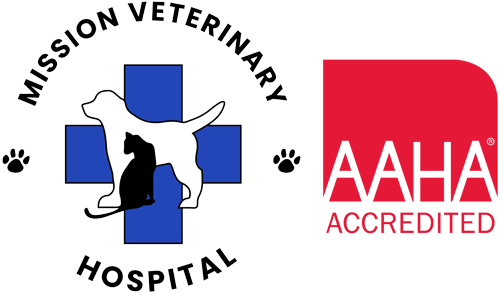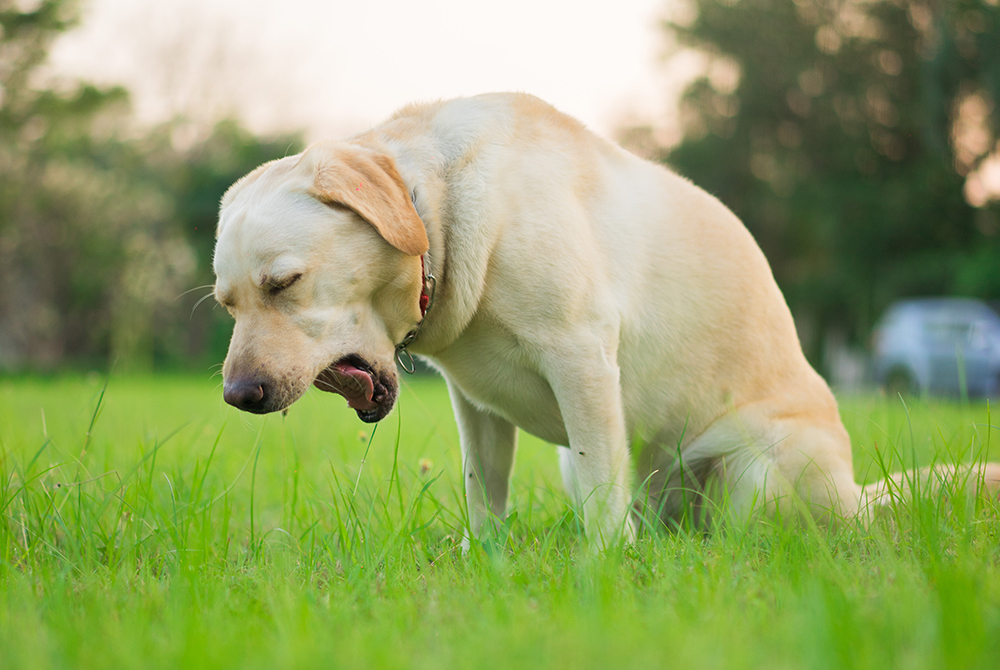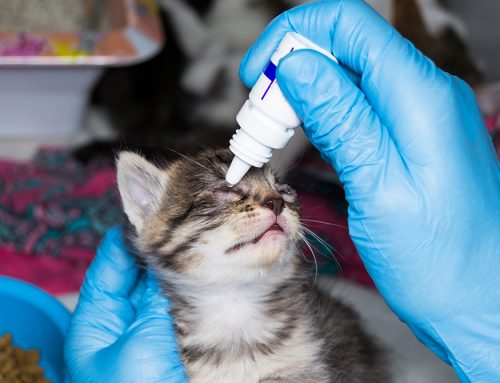What is Tracheobronchitis?
Tracheobronchitis, commonly known as “kennel cough,” is an upper respiratory infection in dogs that affects the trachea (windpipe) and bronchi (the large air passages from the trachea to the lungs). It is often caused by a combination of viral and bacterial infections, including the canine parainfluenza virus, adenovirus, and Bordetella bronchiseptica bacteria.
Symptoms of Tracheobronchitis
The primary symptoms of tracheobronchitis include:
- Persistent dry cough
- Gagging or retching
- Nasal discharge
- Sneezing
- Mild fever
- Lethargy
- Loss of appetite
Causes and Risk Factors
Tracheobronchitis is highly contagious and can spread through direct contact with infected dogs or through airborne droplets. Dogs that are frequently in contact with other dogs, such as those at boarding facilities, dog parks, or grooming centers, are at a higher risk of contracting the disease.
Diagnosis
A veterinarian will diagnose tracheobronchitis based on a physical examination and a review of the dog’s medical history. In some cases, additional tests such as chest X-rays, blood tests, or throat cultures may be recommended to rule out other conditions or to identify the specific pathogen causing the infection.
Treatment
Treatment for tracheobronchitis may include:
- Cough Suppressants: To reduce coughing and provide relief.
- Antibiotics: If a bacterial infection is identified or if there is a risk of secondary bacterial infection.
- Anti-inflammatories: To reduce inflammation and discomfort.
- Rest and Hydration: Ensuring the dog gets plenty of rest and stays hydrated is crucial for recovery.
Preventive Measures
To help prevent tracheobronchitis, consider the following:
- Vaccination: Ensure your dog is up-to-date on vaccines for Bordetella bronchiseptica and other respiratory pathogens.
- Avoid Contact: Limit exposure to other dogs in high-risk environments.
- Good Hygiene: Maintain a clean environment and avoid areas with known outbreaks.
When to Seek Veterinary Care
If your dog shows symptoms of tracheobronchitis, or if their condition worsens or does not improve with initial care, seek veterinary attention promptly. Tracheobronchitis can sometimes lead to more serious conditions if not treated appropriately.
Contact Mission Veterinary Clinic
If you suspect your dog may have tracheobronchitis or if you have any concerns about their health, please visit us at Mission Veterinary Clinic. We are located at 16915 San Fernando Mission Blvd, Granada Hills, CA 91344. We are open from 9 AM to 11 PM, 7 days a week, and we operate on a walk-in basis only. For more information or to speak with our staff, call us at 818-363-8143.
For more details, visit our website at missionvet.com.










Leave A Comment